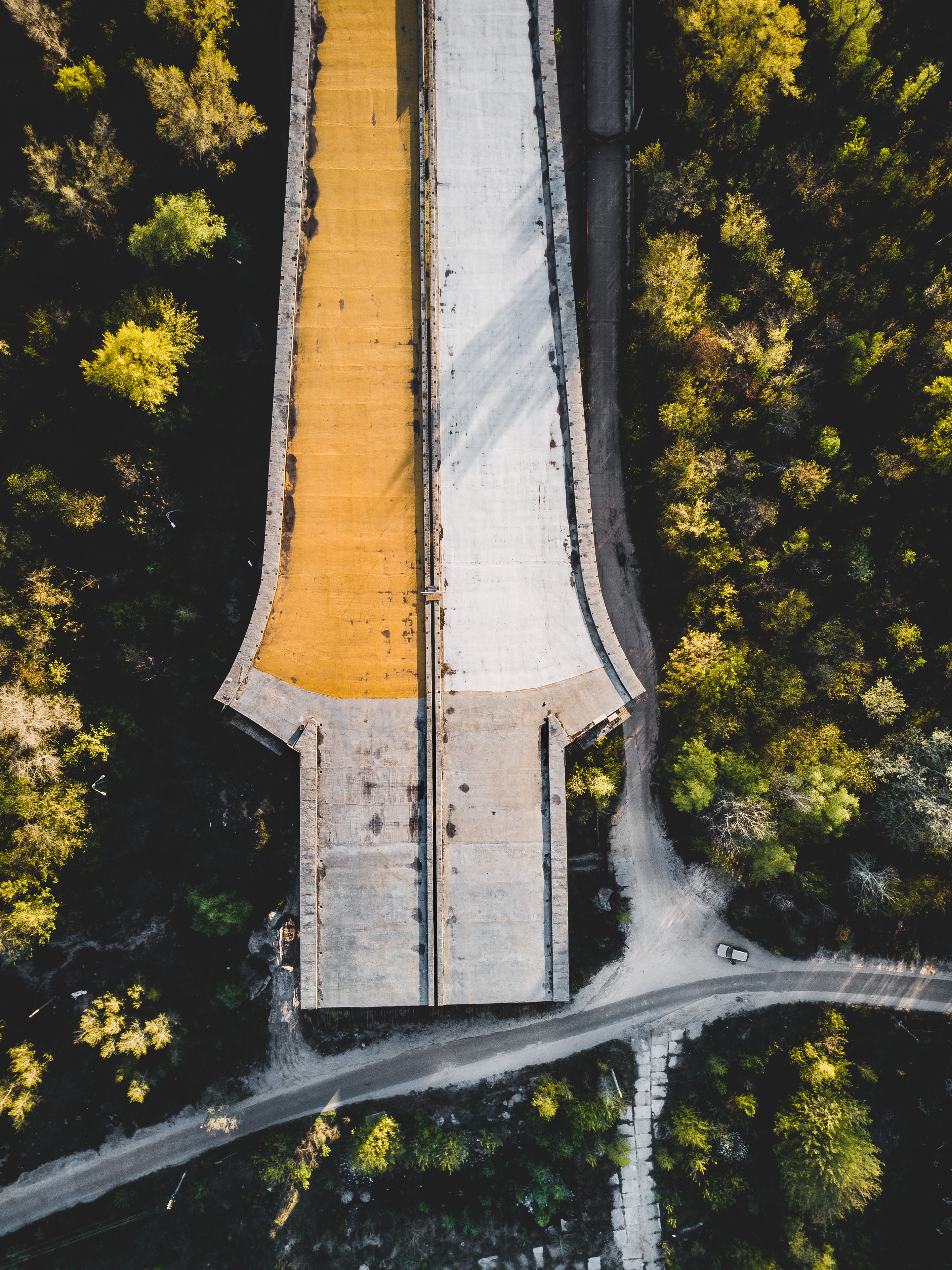New PhD course: Infrastructures and Global Perspectives
This PhD course explores anthropological approaches to the study of infrastructures and investigates connected, critical perspectives on the concept of the “global”, while putting it into conversation with thinking about ecology.

Taught by Ashley Carse (Vanderbilt University), Elisabeth Schober (University of Oslo), and CEH director Heather Swanson (Aarhus University), Infrastructures and Global Perspectives: Politics, Economy, Ecology will take place from 21-23 April 2021. The course, taught at the University of Oslo, will combine lectures and discussions of theory with analytic explorations of PhD students’ work-in-progress. Students need to sign up by 24 March.
About the course
In dialogue with an emerging body of work that spans the humanities and social sciences, anthropologists have developed what Appel, Anand and Gupta have called an “infrastructure toolbox” – that is, a set of methodological and theoretical tools related to the study of the basic physical structures that shape our everyday lives. Approached anthropologically, infrastructures can be understood as “the architecture for circulation” (Larkin 2013); they are both material structures and spaces that enable ever-new flows and connections to emerge. As such, they potentially incorporate both ‘hard infrastructures’ such as transport networks or water systems and other organizing networks such as carbon infrastructures, accounting and financial systems. Infrastructure is also an organizational concept—an ascendant idea that is mobilized to do important work in the world (Carse 2017).
Large-scale infrastructures such as roads, shipyards, ports, electrical networks, or pipeline projects often involve the promise of development, progress, and growth to the people affected by them, and are connected in intricate ways to notions around “the global”. And yet, as has been demonstrated in a flurry of monographs on these systems over recent years, such “global” promises are rarely fulfilled. In some ways, the gradual corrosion of these lofty assurances around connectivity, progress, and speed, amidst the “general sense of evaporating futurity in the medium of corroded pipes and broken concrete” (Anand, Gupta, Appel 2018), strangely resembles the unclear potency of “infrastructure” as a major theoretical concept in anthropology over recent years.
In addition, a parallel, yet not too often interlinked, conversation about ecological globalization (which focuses, for instance, on commodity chains, world ecologies, invasive and feral species, exchanges, mono-cultural landscapes) will also be drawn upon in this course. We shall delve into how, for anthropology, the concept of “infrastructure” - with its political and economic valences and connections to ecology – has seemed to promise new understandings of global political, economic and ecological processes. Why infrastructure? Why now? Can a focus on infrastructure overcome the analytical shortcomings ascribed to earlier theoretical concepts designed to make sense of the contemporary situation (e.g. “global flows”)? To ask these questions about infrastructure and anthropology is to raise broader questions about the use values and life cycles of concepts and theories in the discipline. We will also address in this workshop how these considerations have implications for how we frame our research questions when it comes to fieldwork.
For more information and details on how to sign up, please see the course page on the University of Oslo's website here.
